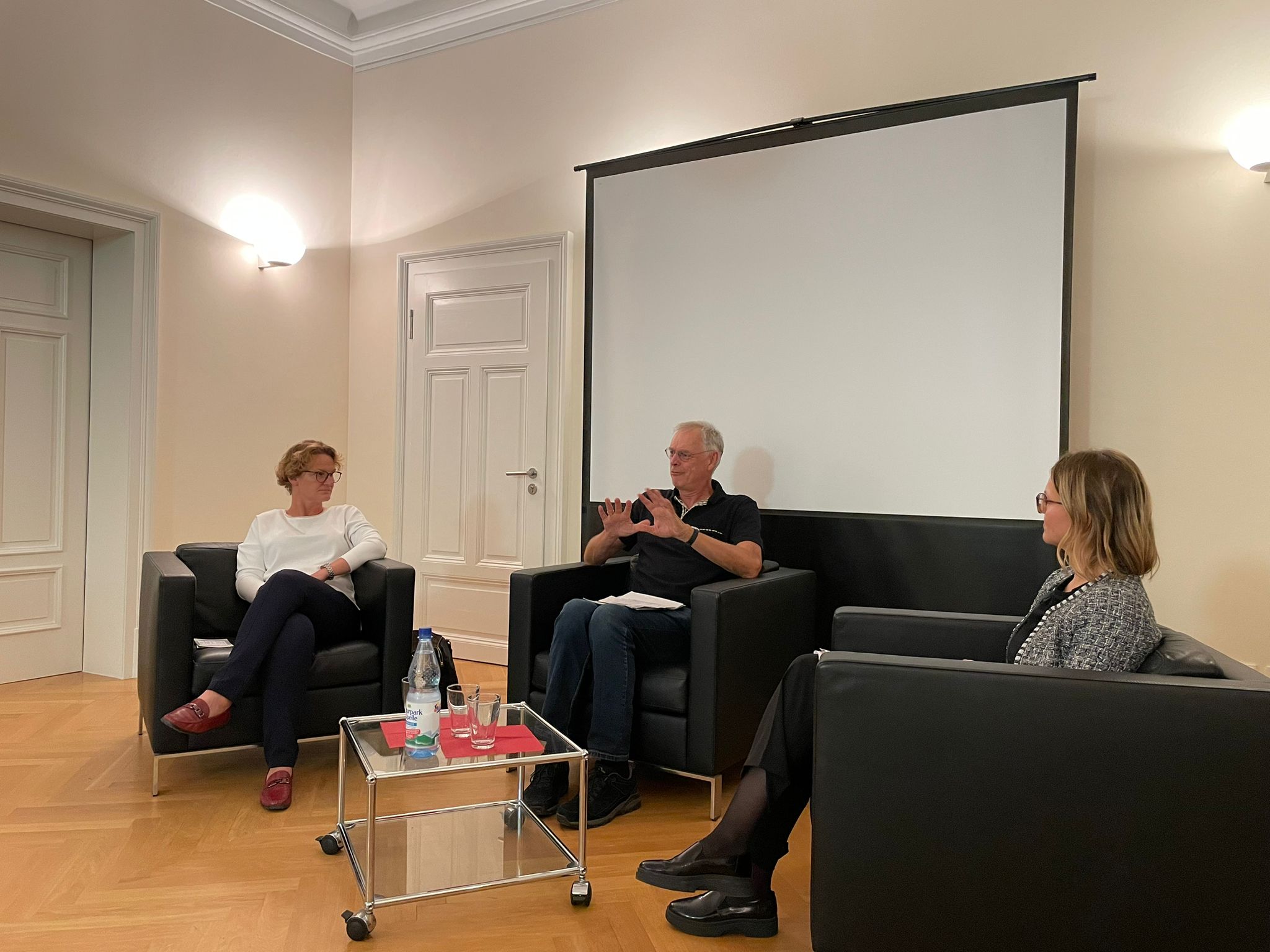During the interactive exchange, possible approaches to mitigate undesirable effects of the above-mentioned problem areas were discussed. For example, Dr. Sologon shed light on the impact of inflation within Europe, pointing out that the inflation rate is higher for lower income groups because they consume a larger share of their income. This regressive effect, i.e., the higher burden on lower-income households, is also observed with the CO2 tax. According to Prof. Neumärker, this effect could be mitigated or eliminated if the resulting tax revenues were returned to the population through a so-called partial basic income. Dr. Tanja Kirn drew a parallel with the effects of rising health care costs in Switzerland and Liechtenstein. Here, too, a regressive burden effect is evident, she said. However, moving away from the concept of a uniform premium would mean a change in the system.
In order to find politically viable and economically sustainable solutions, detailed microsimulation analyses are necessary – a research area in which all researchers involved are active. The new Erasmus+ research project ecoMOD (Project: 2023-1-LI01-KA220-HED-000157594), in which Prof. Dr. Neumärker from the University of Freiburg/FRIBIS is involved as a project partner, aims to further develop existing models and strengthen the analytical skills of young scientists and students. The event took place within the framework of the ERASMUS Days, which raise awareness across Europe of the activities of ERASMUS+ projects co-funded by the European Commission.

